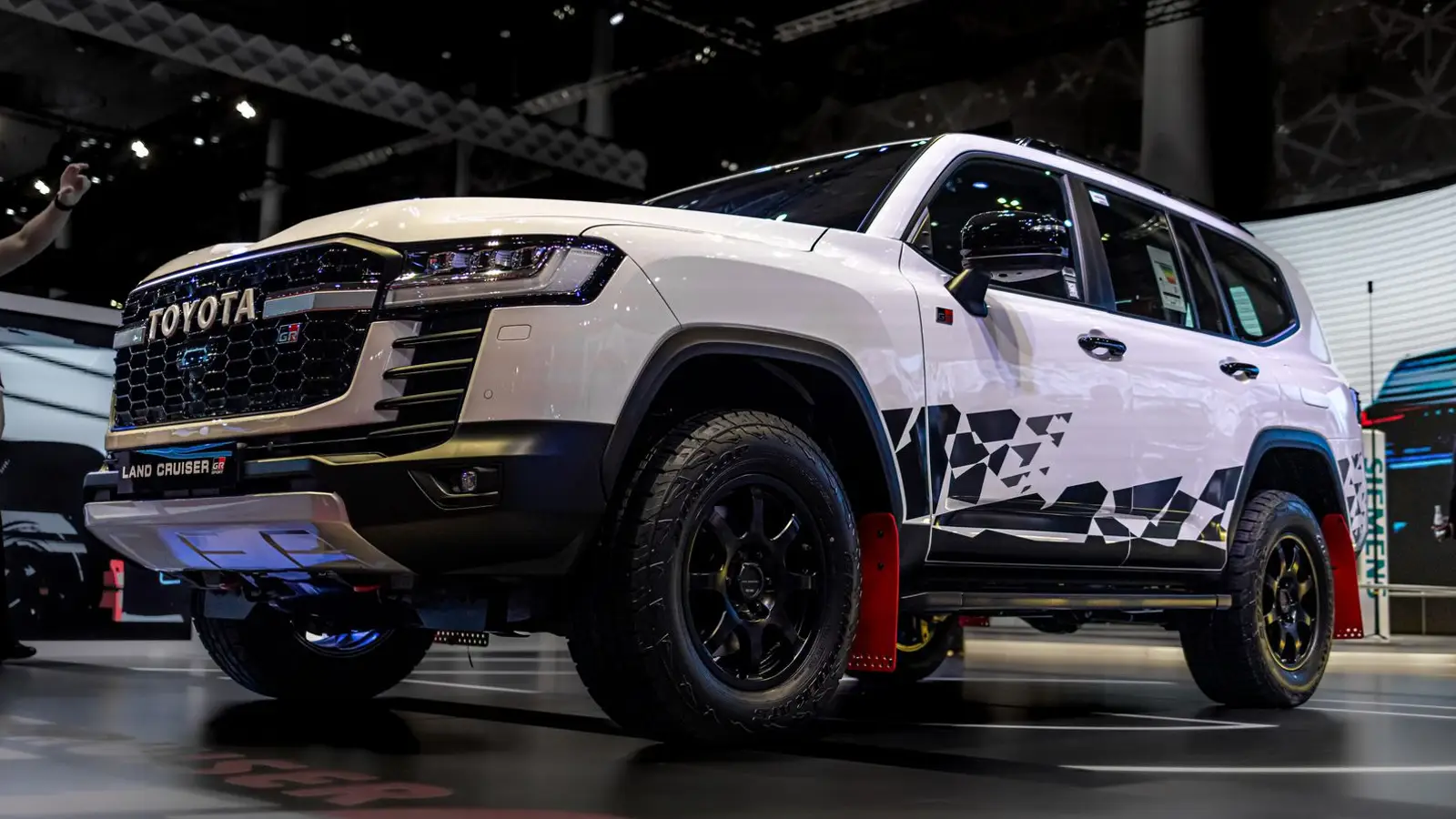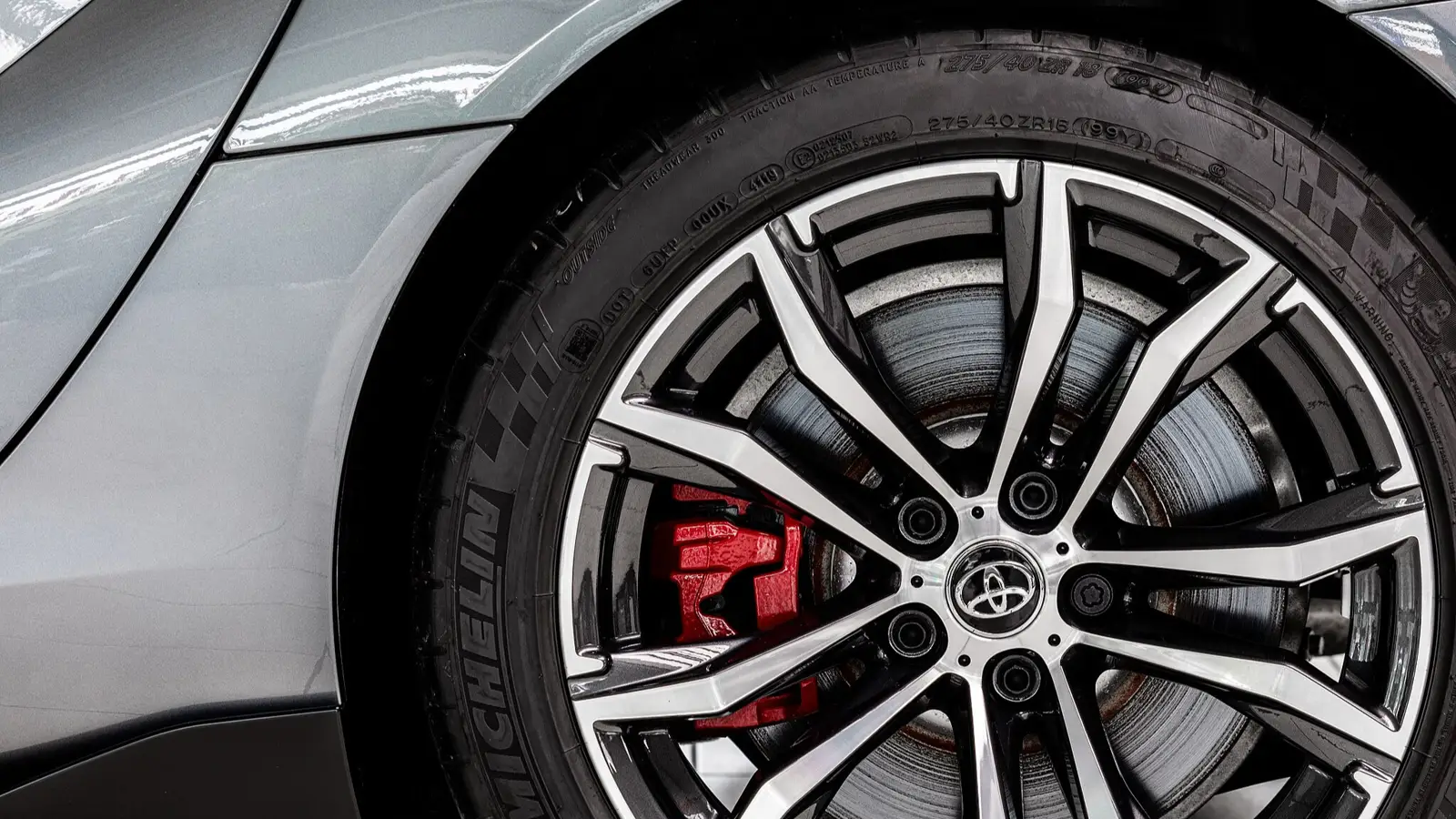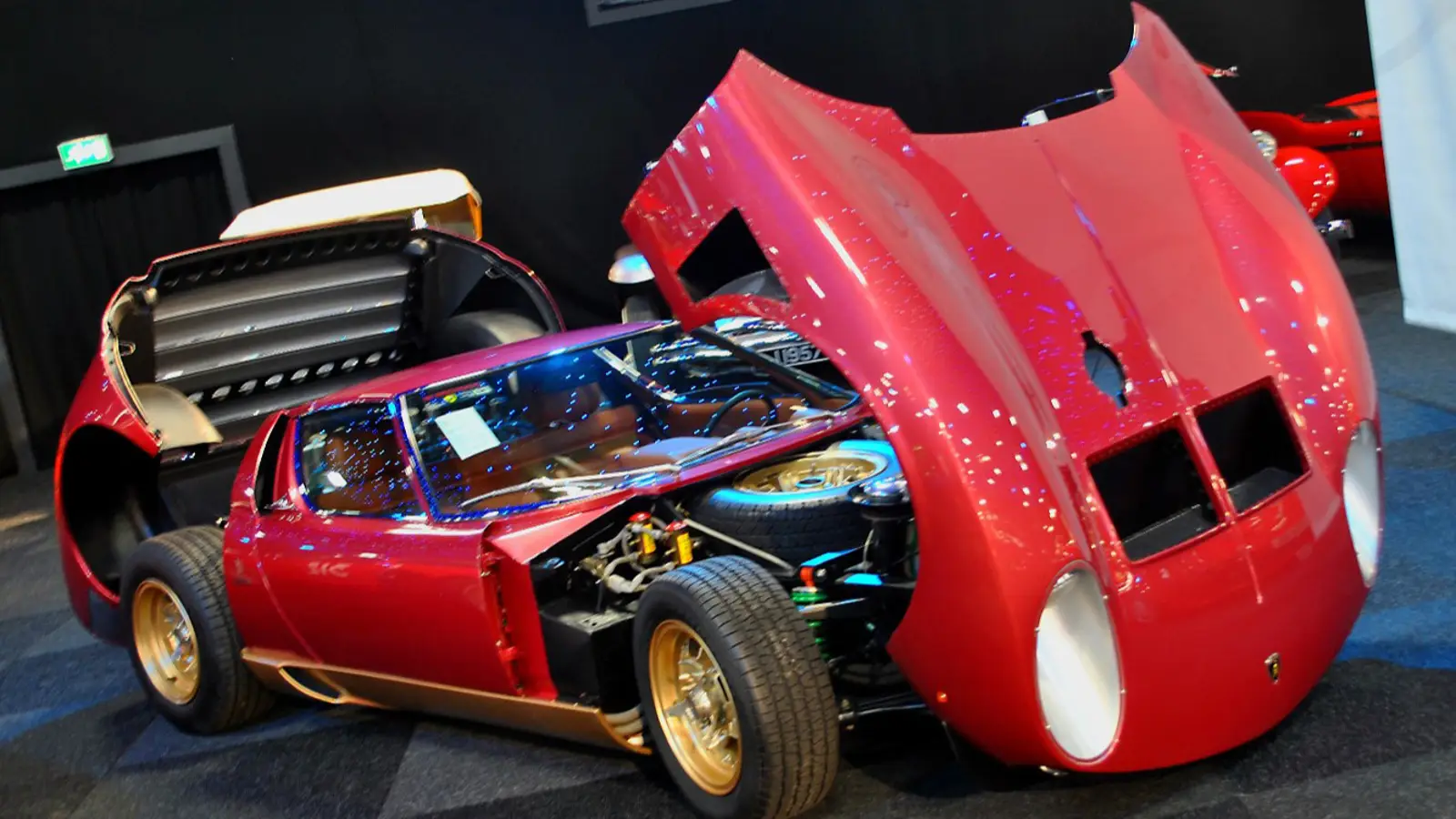Common Car Noises You Shouldn’t Ignore and What They Mean

Learn what common car noises mean and why ignoring them can lead to costly repairs. Discover causes, risks, and how to prevent major vehicle damage.
Every car has its way of signaling trouble, and unusual noises are among the clearest warnings. Too often, drivers choose to ignore these sounds, postponing a trip to the mechanic until it’s too late. However, neglecting these signals can lead to costly repairs or unexpected breakdowns. Here's what you need to know about the car noises you should never overlook and what they likely indicate.
Squealing When Braking — Check Your Brake Pads

A high-pitched squeal when pressing the brake pedal is one of the most common warning sounds. This noise often results from worn brake pads. Some manufacturers even equip pads with metal wear indicators that squeal when it’s time for replacement. Ignoring this sound can lead to metal grinding against the rotor, significantly increasing repair costs.
Clicking or Knocking When Turning — Possible CV Joint Issue
If you hear rhythmic clicks or knocks while turning the steering wheel, it might be a sign of worn constant velocity (CV) joints. These joints endure significant stress, especially in front-wheel-drive vehicles. A failing CV joint can cause loss of control, so immediate inspection is recommended.
Screeching During Startup or Acceleration — Inspect the Belts
A sharp screech when starting the engine or accelerating quickly often points to a loose or worn serpentine belt. This belt powers crucial components like the alternator and air conditioning. If it breaks, it can lead to a loss of electrical power or even engine overheating.
Humming or Whining While Driving — Wheel Bearings May Be Failing
A constant hum that grows louder with speed is usually linked to worn wheel bearings. If left unchecked, it could damage the hub or even cause the wheel to come off. A failing differential can produce a similar sound.
Grinding When Braking — Immediate Attention Required
A grinding sound when braking signals that brake pads are completely worn, causing metal-to-metal contact. This isn’t just a warning — it demands immediate replacement of the pads and possibly the rotors to avoid further damage.
Rattling or Clunking Over Bumps — Suspension Problems
Rattles or clunks when driving over bumps usually indicate suspension issues. Worn bushings, stabilizer links, or other components lose their stiffness and begin to rattle. Ignoring this noise could lead to more expensive repairs down the line.
Knocking From Under the Hood — Engine Troubles

Rhythmic knocking from the engine bay should never be ignored. Causes range from low oil levels to more serious issues like valve or piston problems. Continuing to drive can result in severe engine damage, so it's best to stop and seek professional help.
Hissing Under the Hood — Coolant Leak Alert
If you hear a hissing sound after shutting off the engine, coolant might be leaking onto hot engine parts. This can lead to overheating and costly repairs if not addressed promptly. A cooling system inspection is highly recommended.
Why Listening to Your Car Matters
These noises are more than just annoyances — they’re warning signs of potentially serious problems. Prompt attention can save money, prevent breakdowns, and protect your safety. Regular maintenance and staying alert to new or unusual sounds will keep your vehicle running smoothly and reliably.
Ethan Rowden
2025, Mar 24 21:41


